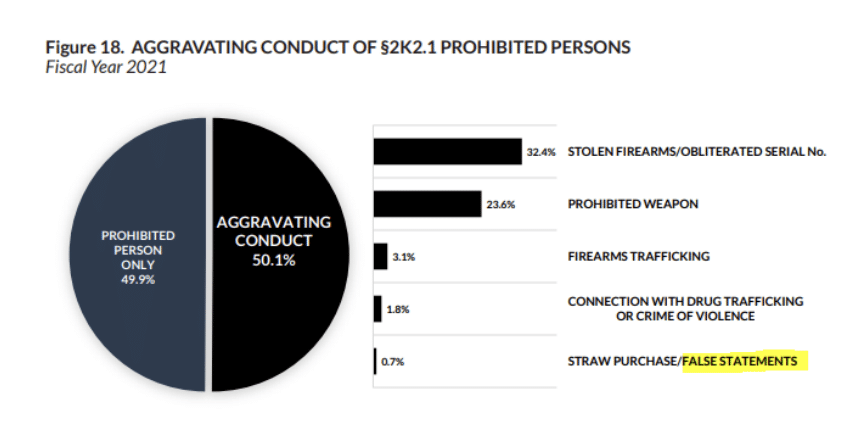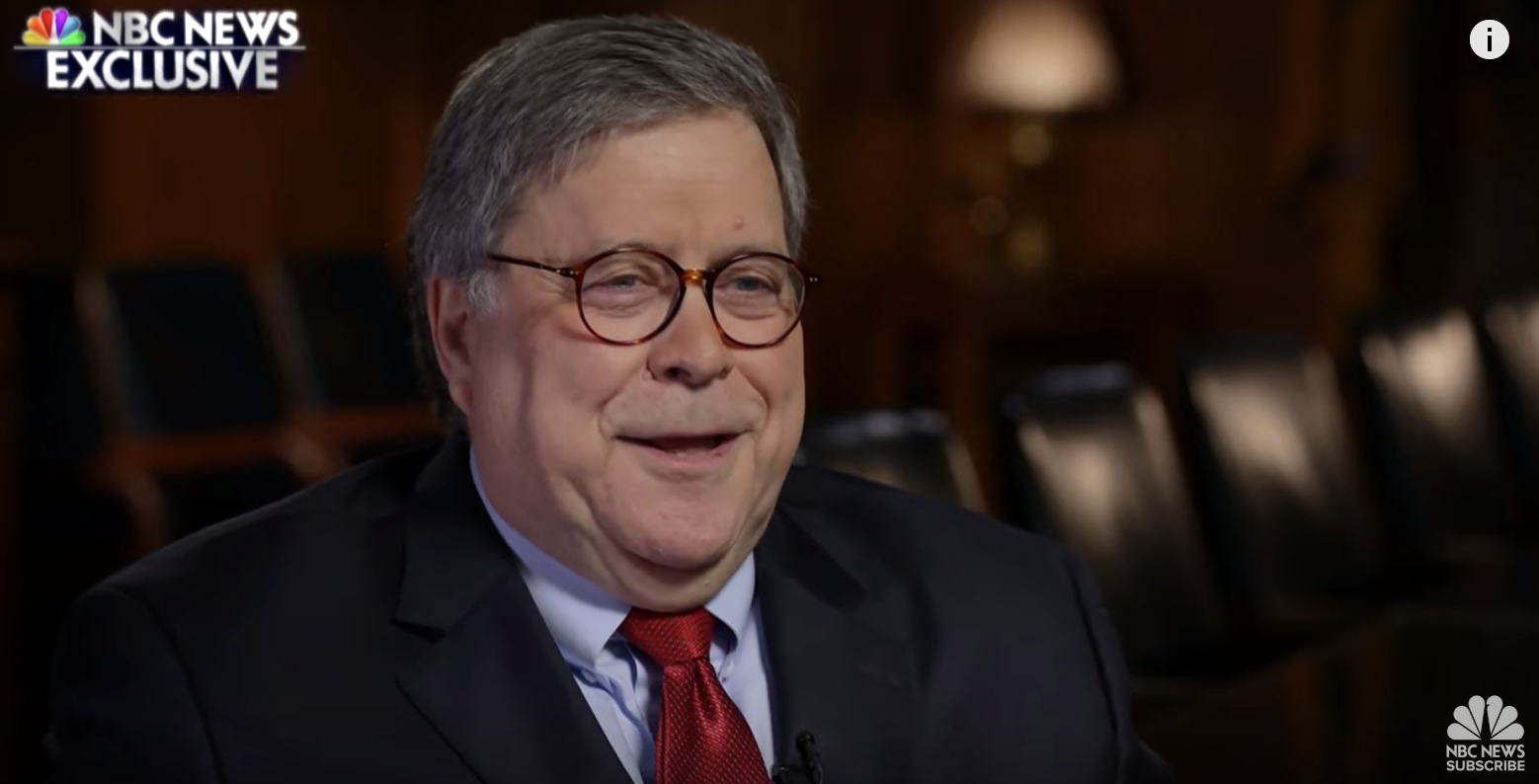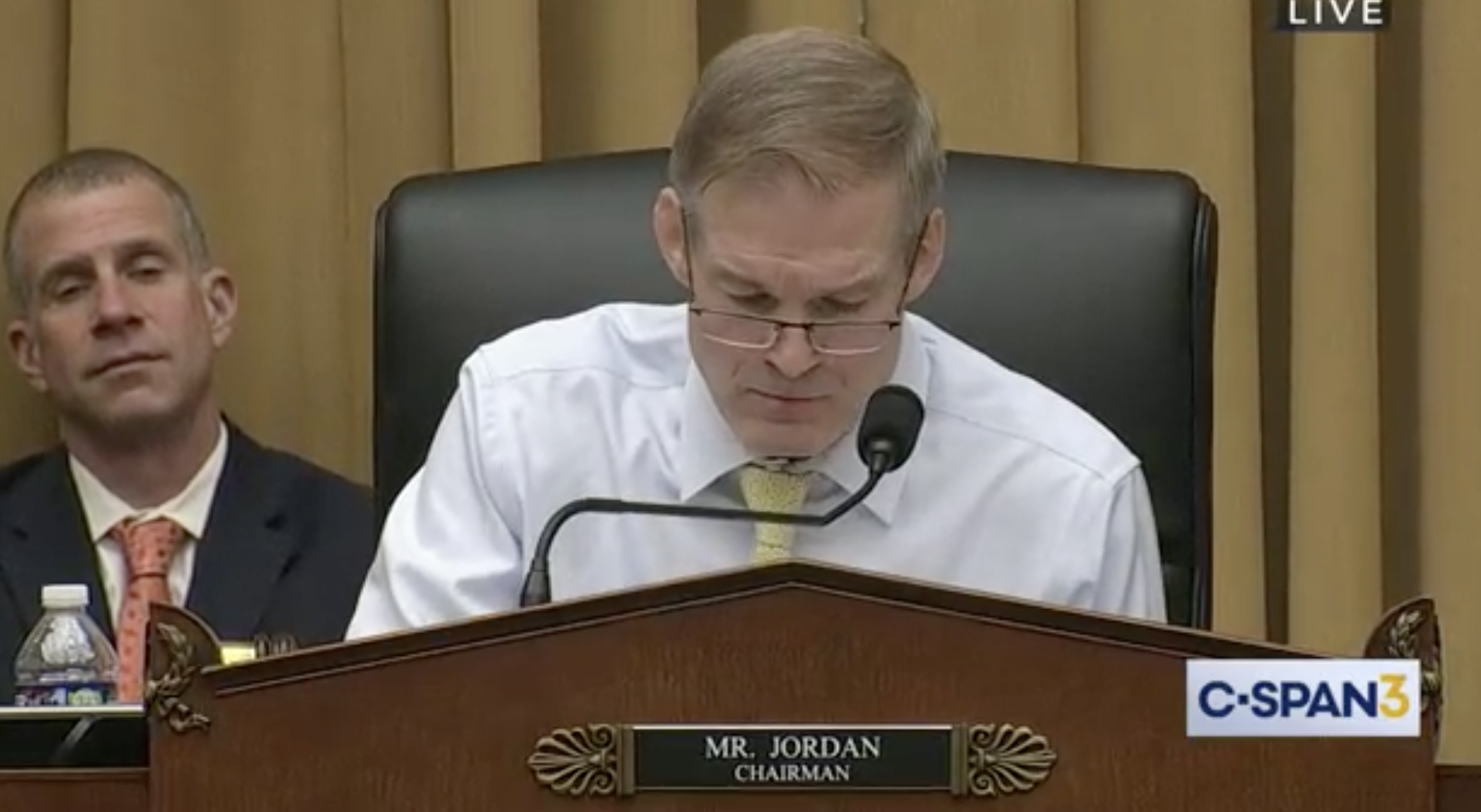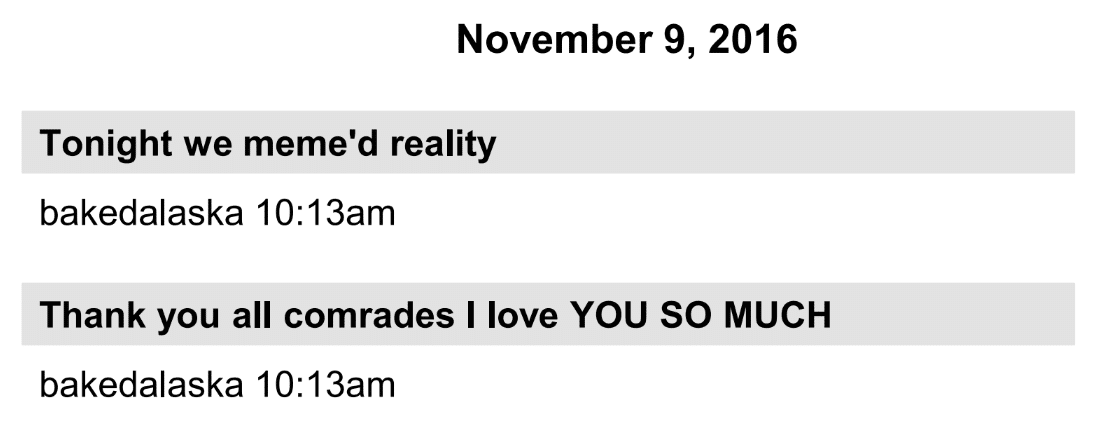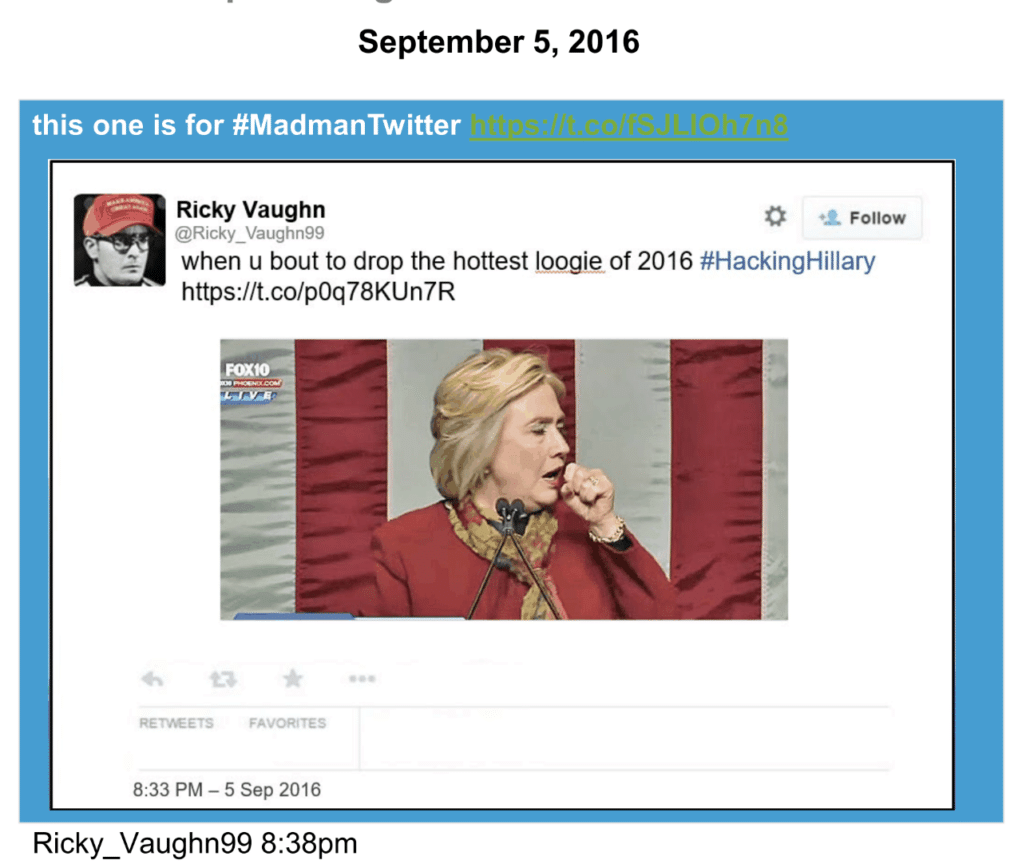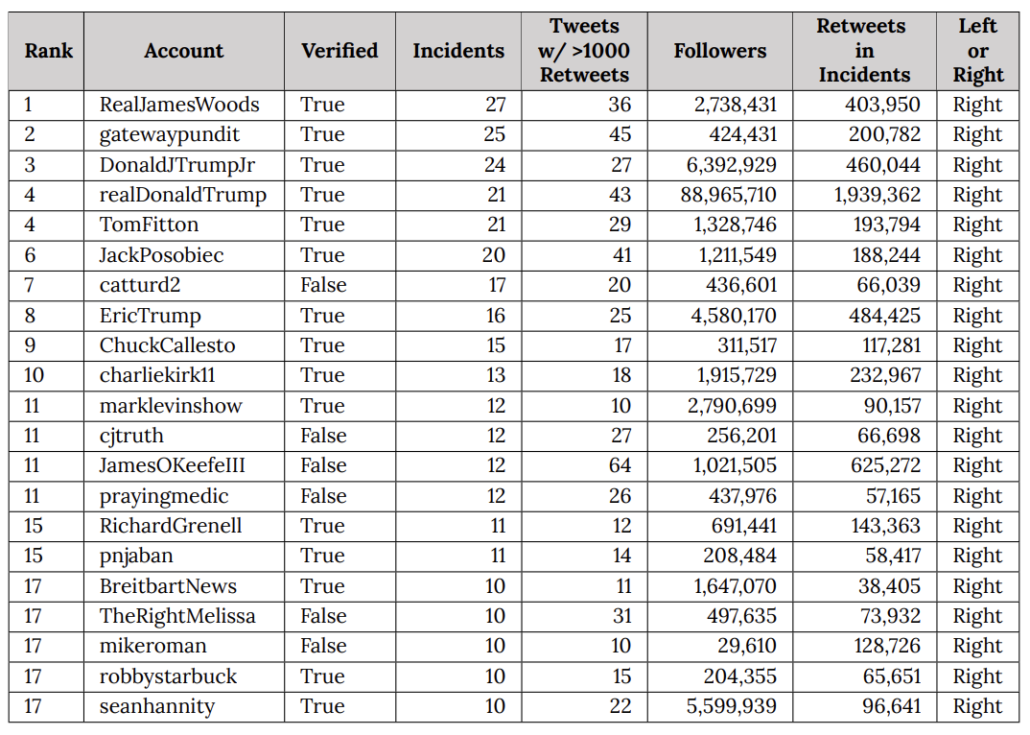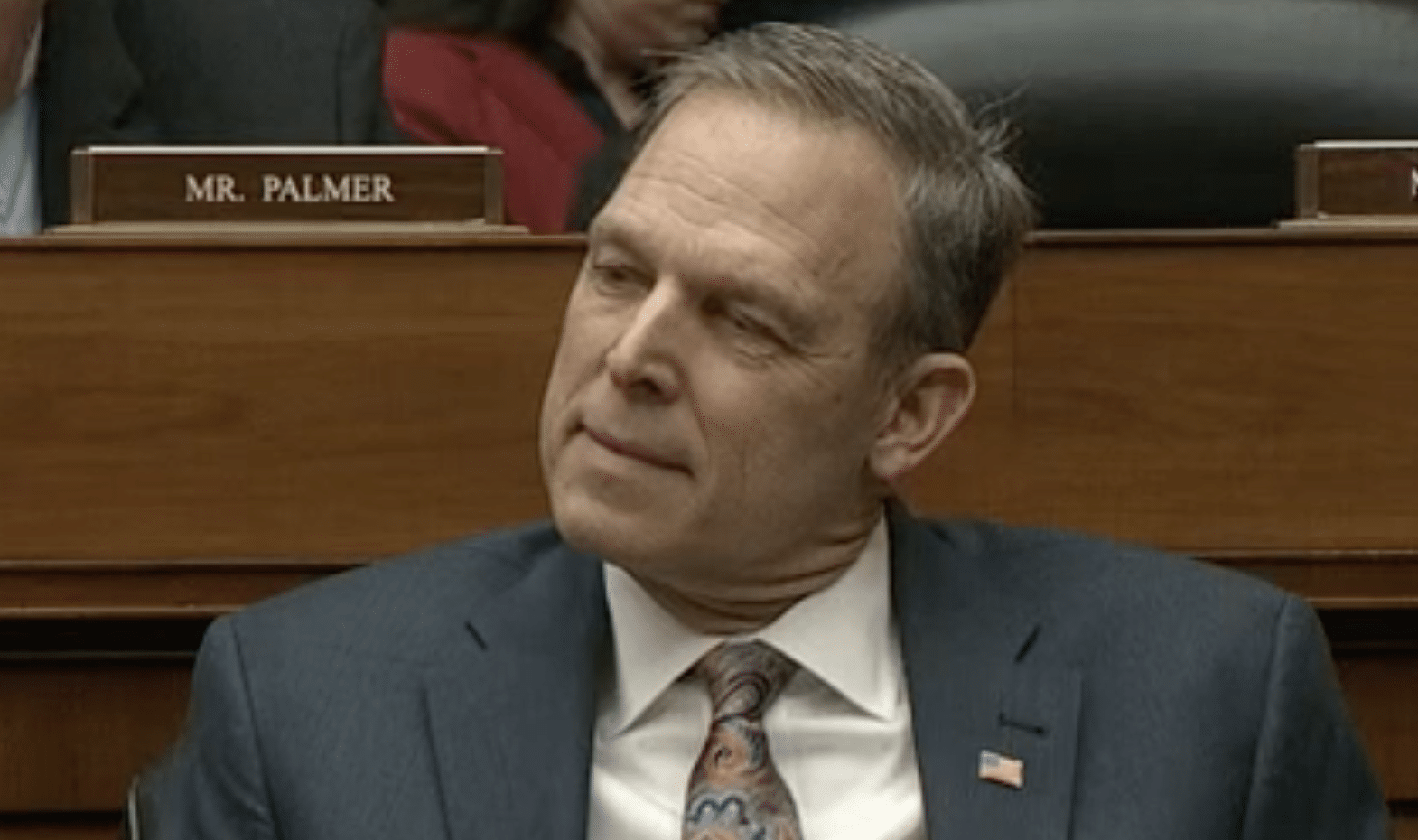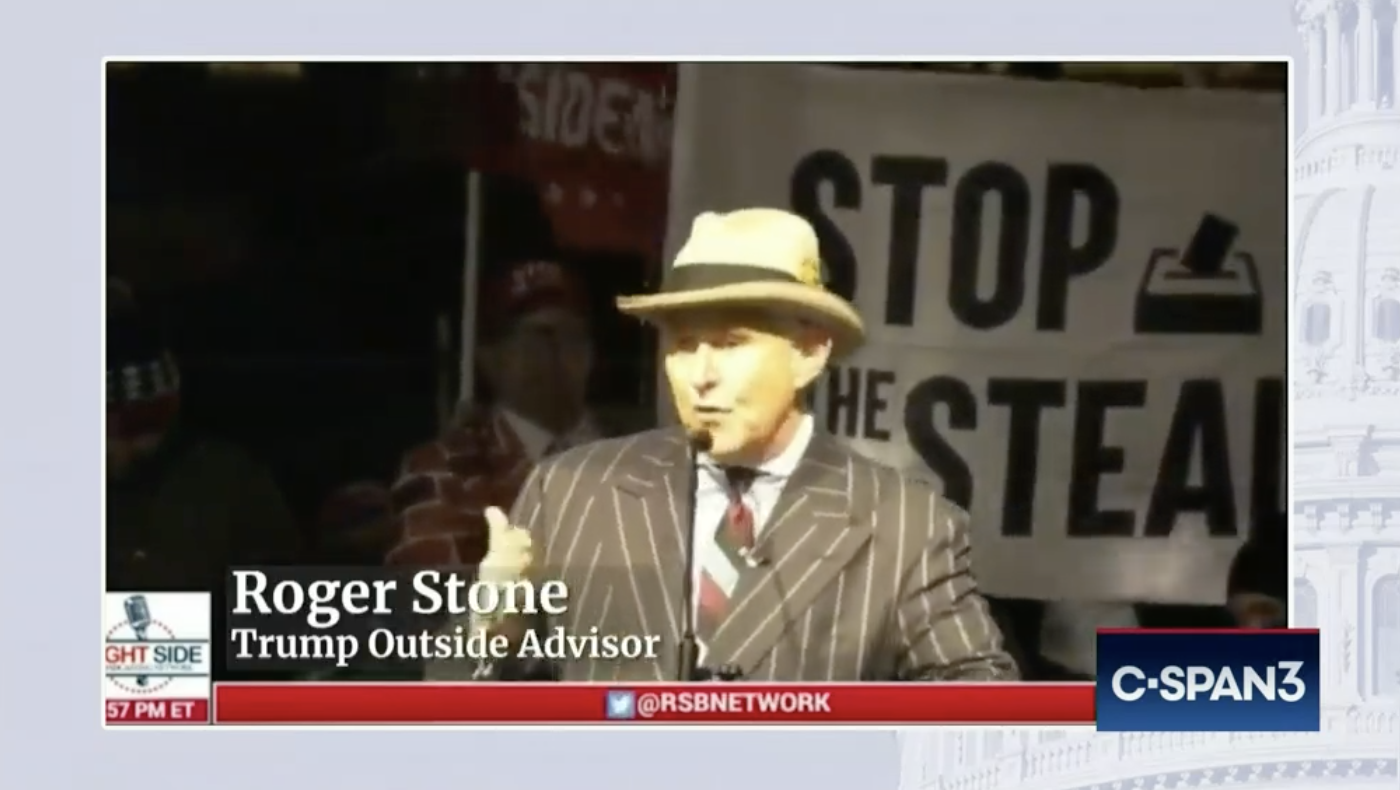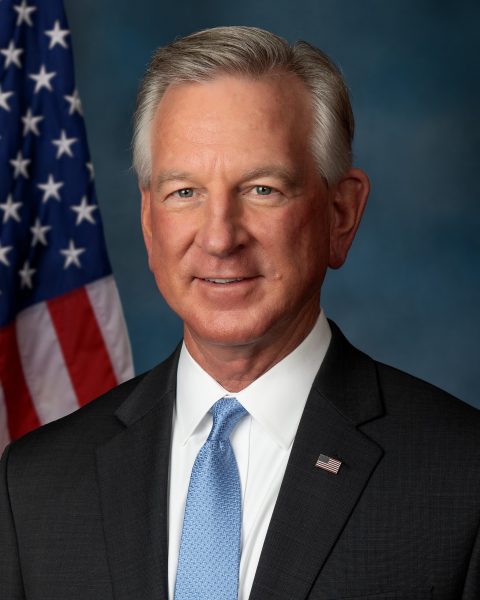The Coke-in-Gun Actually Harms David Weiss’ Case
As prosecutors are wont to do, David Weiss’ prosecution team used its response to Hunter Biden’s selective and vindictive prosecution claim to air embarrassing dirt.
As dick pic sniffing scribes are wont to do, most outlets glommed onto those details — one in particular — rather than discussing Weiss’ legal arguments. NYPost, CNN, AP, WaPo all presented the following detail without any consideration of whether it helps — or hurts — David Weiss’ case against Hunter.
In 2023, FBI investigators pulled sealed evidence from the state police vault to take photographs of the defendant’s firearm. After opening the evidence, FBI investigators observed a white powdery substance on the defendant’s brown leather pouch that had held the defendant’s firearm in October 2018. Based on their training and experience, investigators believed that this substance was likely cocaine and that this evidence would corroborate the messages that investigators had obtained which showed the defendant buying and using drugs in October 2018. An FBI chemist subsequently analyzed the residue and determined that it was cocaine. To be clear, investigators literally found drugs on the pouch where the defendant had kept his gun.
At the very least, the incident betrays the lack of certain kinds of evidence that Weiss may need to defeat the filing in question — and arguably, helps to prove Hunter’s argument that Weiss only considered gun charges after Republicans started ratcheting up political pressure to do so.
As noted, this is a response to Hunter’s motion to dismiss on selective and vindictive prosecution grounds, in which he argued that:
- DOJ would not charge other people based on the same set of facts — and indeed had guidelines advising against it
- In response to political pressure, including but not limited to Republican Members of Congress and Trump, David Weiss reneged on a plea deal and decided to charge Hunter with three felonies rather than respect a diversion agreement
- Congress forced this issue by demanding Weiss prosecute more harshly
Weiss’ response — written by Derek Hines, the same AUSA who simply did not address some of the evidence of politicization Hunter cited — spent over half the filing addressing Hunter’s selective prosecution claim, in spite of the fact that that’s the easiest claim to rebut. He simply repeated, as all such responses do, that Hunter hasn’t found someone similarly situated who wasn’t charged (the argument surely invites Abbe Lowell to raise Don Jr’s apparent impairment or Trump’s temporary possession of a gun after having been charged with dozens of felonies). There are weaknesses in that section — he ignores DOJ’s guidance, rather than addressing Hunter’s assertion that the charge is used in conjunction with other crimes, he instead uses data on straw purchases (which this was not) to claim Hunter’s lie was itself an aggravating factor.
With this chart, Hines is, at best, misleadingly presenting Hunter’s alleged false statement as a different, far more premeditated false statement than Hunter is accused of.
Abbe Lowell will have plenty of meat to respond to in that section, but as I have said repeatedly, Hunter probably doesn’t offer as much as he’d need to to win a selective prosecution claim.
A vindictive prosecution claim is something else. Hines admits that Hunter describes a right he exercised that was the reason for the vindictive prosecution, but complains that merely being the sole surviving son of Donald Trump’s opponent is not a constitutionally protected right.
The defendant does not attempt to show causal linkage between a legal right exercised by him and his prosecution. In his motion, the defendant appears generally to identify one legal right that he claims he exercised which he alleges caused his indictment: “engaging in constitutionally protected speech and political activity.” ECF 63 at 49. But he fails to identify with any specificity what his constitutionally protected speech or his political activity was. For example, he does not contend that he made a public political statement, nor does he identify which statement caused prosecutors to have animus. His failure to identify facts that support any actual legal right that he exercised should prevent this court from moving forward to even analyze his vindictive prosecution claim because no court has recognized a derivative vindictive prosecution claim based on a family member’s exercise of rights. [emphasis original]
Hines pretty much lies about how much Weiss ratcheted up the potential punishment against Hunter, which is the proof that prosecutors took vindictive action against Hunter for exercising his rights.
What Hines does not do — not in the least — is address Lowell’s map of how, as political pressure from Republicans ratcheted up, David Weiss reneged on the specific terms in a plea agreement. The latest communication from the ones submitted to the record that he cites was dated May 23, 2023, before the political pressure started ratcheting up.
For example, in an email to defense counsel dated May 18, 2023, about “a potential nontrial resolution,” Document 60-6 at p. 2, the AUSA stated, “As I said during our call, the below list is preliminary in nature and subject to change. We have not discussed or obtained approval for these terms, but are presenting them in an attempt to advance our discussions about a potential non-trial resolution . . .” The following week, in an email to defense counsel dated May 23, 2023, Document 60-9 at p. 3, the AUSA stated, “As we indicated in our emails and discussions we did not have approval for a pre-trial diversion agreement. As you know, that authority rests with the US Attorney who ultimately did not approve continued discussions for diversion related to the tax charges.” [emphasis original]
Hines ignores that, according to Chris Clark’s declaration and a great deal of back-up submitted with it, David Weiss was personally involved in language crafted two weeks after that May 23 email.
Later that afternoon, on June 6, 2023, I spoke directly with U.S. Attorney Weiss. During that call, I conveyed to U.S. Attorney Weiss that the Agreement’s immunity provision must ensure Mr. Biden that there would be finality and closure of this investigation, as I had conveyed repeatedly to AUSA Wolf during our negotiations. I further conveyed to U.S. Attorney Weiss that this provision was a deal-breaker. I noted that U.S. Attorney Weiss had changed the deal several times heretofore, and that I simply could not have this issue be yet another one which Mr. Biden had to compromise. The U.S. Attorney asked me what the problem was with the proposed language, and I explained that the immunity provision must protect Mr. Biden from any future prosecution by a new U.S. Attorney in a different administration. The U.S. Attorney considered the proposal and stated that he would get back to me promptly.
29. Later that same evening on June 6, 2023, at or around 5:47 PM EST, AUSA Wolf emailed me proposed language for the immunity provision that read: “How about this- The United States agrees not to criminally prosecute Biden, outside of the terms of this Agreement, for any federal crimes encompassed by the attached Statement of Facts (Attachment A) and the Statement of Facts attached as Exhibit 1 to the Memorandum of Plea Agreement filed this same day.” (Emphasis in original.) After speaking with Mr. Biden, I responded to AUSA Wolf that the language she sent me “works” and is suitable for Mr. Biden as well, at which point the Parties had a deal. A true and correct and correct copy of AUSA Wolf’s June 6, 2023, email to Chris Clark is attached hereto as Exhibit K.
30. On June 7, 2023, AUSA Wolf emailed me a revised draft of the Diversion Agreement that incorporated the language she had proposed in her June 6 email to me. In that draft, the revised Paragraph 15 provided that “The United States agrees not to criminally prosecute Biden, outside of the terms of this Agreement, for any federal crimes encompassed by the attached Statement of Facts (Attachment A) and the Statement of Facts attached as Exhibit 1 to the Memorandum of Plea Agreement filed this same day.” (Emphasis added.) A true and correct copy of AUSA Wolf’s June 7, 2023, email and redlined Diversion Agreement to Chris Clark is attached hereto as Exhibit L. [emphasis original]
That is, as late as June 6 — the day before that the pressure on Weiss started to publicly ratchet up — David Weiss had personally sanctioned a misdemeanor plea with a gun diversion. That was long after, importantly, the agreement to treat the gun charges via diversion.
That is, Derek Hines simply doesn’t address the abundant evidence that Weiss reneged on a commitment he had personally committed to after coming under political pressure.
As I have laid out, normally these kinds of vindictive prosecution claims are almost as easy to rebut as selective prosecution claims. I described what you might expect in a case arguing that a prosecutor decided to ratchet up charges in response to improper influence: Some kind of language addressing what changed to justify ratcheting up the charges.
You can see how this works in the case of Hatchet Speed, based on facts — involving felony gun charges in one district and the addition of a felony charge to a misdemeanor in another — not dissimilar from Hunter’s case. On January 6, Speed was an NRO contractor with TS/SCI clearance and a Naval reservist still training at Andrews Air Force Base. He had ties to the Proud Boys and expressed a fondness for Hitler. He went on a $50,000 weapon buying spree after January 6, including devices that — prosecutors successfully argued in a second trial — qualified as silencers under federal law. He was charged for unregistered silencers in EDVA and, at first, misdemeanor trespassing charges for his actions on January 6. Between the time his first EDVA trial ended in mistrial and a guilty verdict in his retrial, DOJ added a felony obstruction charge in DC, which his excellent FPD attorneys argued was retaliation for the mistrial. But DOJ responded with an explanation of the process leading to the addition of the felony obstruction charge: they added a second prosecutor, got better at prosecuting obstruction for January 6, found some more damning video of Speed at the Capitol, and came to recognize how Speed’s comments about the attack would prove the corrupt intent required for obstruction charges. They were pretty honest that they regarded Speed as a dangerous dude that they wanted to put away, too.
The same process might well happen if Lowell files a vindictive prosecution claim. Under Goodwin, Weiss might have to do little more than say there was a societal interest in jailing Hunter Biden to affirm the import of the gun laws his father continues to champion.
Normally, prosecutors simply point to some evidence obtained after an initial prosecution decision that changed prosecutors mind about charging.
But Hines doesn’t assert to have any of that in this filing!! Not even the argument I expected — that it’s important that Joe Biden’s kid be subject to the same gun laws that his father champions with everyone else.
What he has (as noted by the timeline below) are a series of dates — including for the discovery of the cocaine residue in the pouch — that Hines obscures.
Rather than a specific explanation of what changed to merit the three gun felonies instead of a diversion, there’s this patently dishonest claim about when the prosecution got evidence in this case.
First, the defendant claims, “DOJ obtained the facts underlying this case years ago and was satisfied the case did not warrant prosecution.” ECF 63 at 50. This is inaccurate. Many of the incriminating facts were discovered years after the conduct when prosecutors had received the defendant’s Apple messages and when the defendant released his incriminating book. There is no evidence that the DOJ decided that this case did not warrant prosecution “years ago.”
The thing about investigations into events that happened five years ago is that prosecutors can have obtained evidence “years ago” that they nevertheless obtained “years after” the alleged crime. Hines is playing word games: The indictment relies heavily on Hunter’s 272-page book, which had been out over two years before David Weiss personally blessed a diversion for the charges.
What prosecutors don’t say — what they would have to say to explain how new evidence led them to change their minds about charging — is that they obtained that evidence between the day David Weiss blessed a diversion agreement — well before June 6 — and the date he decided to charge felonies that Hines argues, while reserving the right to ask for a bunch of enhancements, expose Hunter to 15-21 months’ imprisonment.
Instead, Derek Hines hides what date prosecutors obtained that coke residue evidence. If I’m right that the warrant to search Hunter’s iCloud content was obtained in December — after indicting this crime — then it would be the opposite of proof (again, I’ve asked Weiss’ office for clarity on this point, because I can’t believe they’d only obtain that warrant after indicting). But that is consistent with the discovery motion that described the first batch of discovery only amounted to 350 pages of evidence (which, if it included the whole book would only include 78 additional pages of evidence).
On October 12, 2023, the government provided to the defendant a production of materials consisting of over 350 pages of documents as well as additional electronic evidence from the defendant’s Apple iCloud account and a copy of data from the defendant’s laptop. This production included search warrants related to evidence the government may use in its case-inchief in the gun case, statements of the defendant including his admissions that he was addicted to crack cocaine and possessed a firearm in 2018, and law enforcement reports related to the gun investigation.
More importantly is what this motion doesn’t say. First of all, in spite of falsely treating Hunter’s false statement as if it were a straw purchase to claim an aggravating factor, it provides zero evidence that Hunter had the intent of deceiving on that form. It provides evidence, instead, that Hunter was paranoid and trying to find a way to protect himself and totally out of his mind, the opposite of what you need to prove a willful lie.
Worse still, what the motion literally shows is the reverse of what Hines’ dick-wag in the paragraph all the dick pic sniffers have picked up on. Yes, “to be clear, investigators literally found drugs on the pouch where the defendant had kept his gun.” That impressed the hell out of the dick pic sniffers. But to be clearer, investigators literally didn’t look for drug residue on the gun until five years, possibly longer, after law enforcement seized the gun.
Even if that drug residue had been found between July 26 and September 14, it’d still be proof that prosecutors never took basic steps towards charging gun crimes until after Republicans brought their heat. If it happened before June 20 in 2023, it’d be even further proof that that Devlin Barrett story did what it was designed to do: to politicize this case. If it happened in December, then it’s a sign of real negligence and dishonesty.
Whatever it is, it proved more useful for impressing the dick pic sniffers than it will in defeating Hunter’s vindictive prosecution claim.
Update: Weiss’ spox declines to comment beyond the court filings.
Update: Fixed the grammar in vindictive action.
Timeline
October 2018: The gun, ammunition, and speed loader were placed in evidence
August 2019: The tax and foreign influence peddling iCloud warrant Weiss claims to be relying on obtained
December 2019: When Weiss obtained the laptop, but he doesn’t provide the exact date or discuss the provenance problems of it
August 2020: An iCloud warrant, probably the fruit of the laptop and almost definitely also limited to tax and influence peddling crimes, that Weiss mentions in a footnote but doesn’t acknowledge in the text
April 6, 2021: Publication date of Hunter’s book, which specific date Weiss does not include in the filing.
March 2022: Prosecutors first inform Chris Clark they are considering gun charges.
October 6, 2022: Politicized leak to Devlin Barrett designed to pressure David Weiss into charging gun charges.
October 31, 2022: Chris Clark notes that prosecutors didn’t tell him of potential gun crimes until March 2022.
Since December 2020, nearly all of our meetings, phone calls, and correspondence with your Office have related to the Government’s investigation of Mr. Biden for possible tax offenses. It was not until a phone call in March 2022—over a year into our cooperative dialogue—that your Office disclosed a potential investigation of Mr. Biden for possible firearms offenses (the “Firearm Investigation”).
September 14, 2023: Weiss obtains gun indictment just before speedy trial clock expires.
ND: Prosecutors obtain a warrant, listed as 23-507M, to “to search the defendant’s electronic evidence for evidence of federal firearms violations and to seize such data.” The filing does not provide a date for this warrant, but 23-mj-504 was an arrest warrant obtained on November 30 and 23-mj-508 was an arrest warrant obtained on December 4, 2023. I have asked Weiss’ office for clarification on whether this warrant could possibly have been obtained in December, almost three months after the indictment.
ND: Sometime in 2023, date not given, but by description after the gun-related warrant, prosecutors access the gun that has been in storage for over 5 years and “notice” it has cocaine residue on it, which is when they first sent it for FBI analysis.


